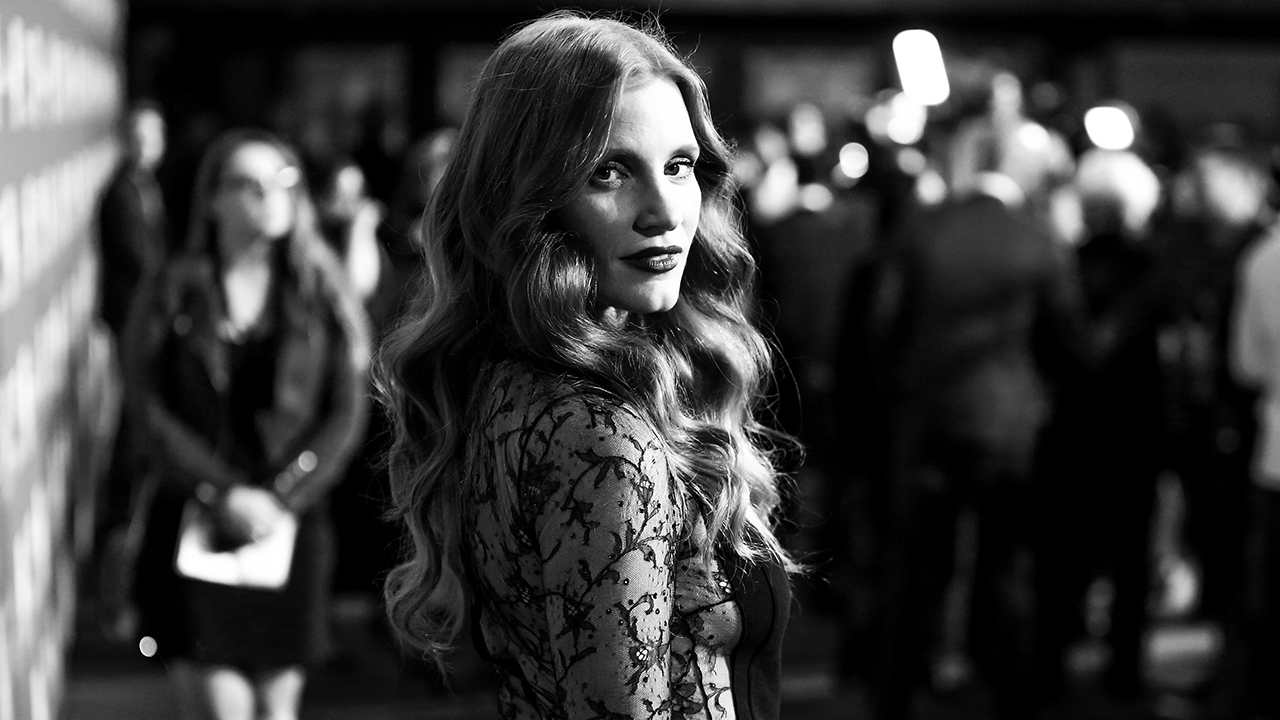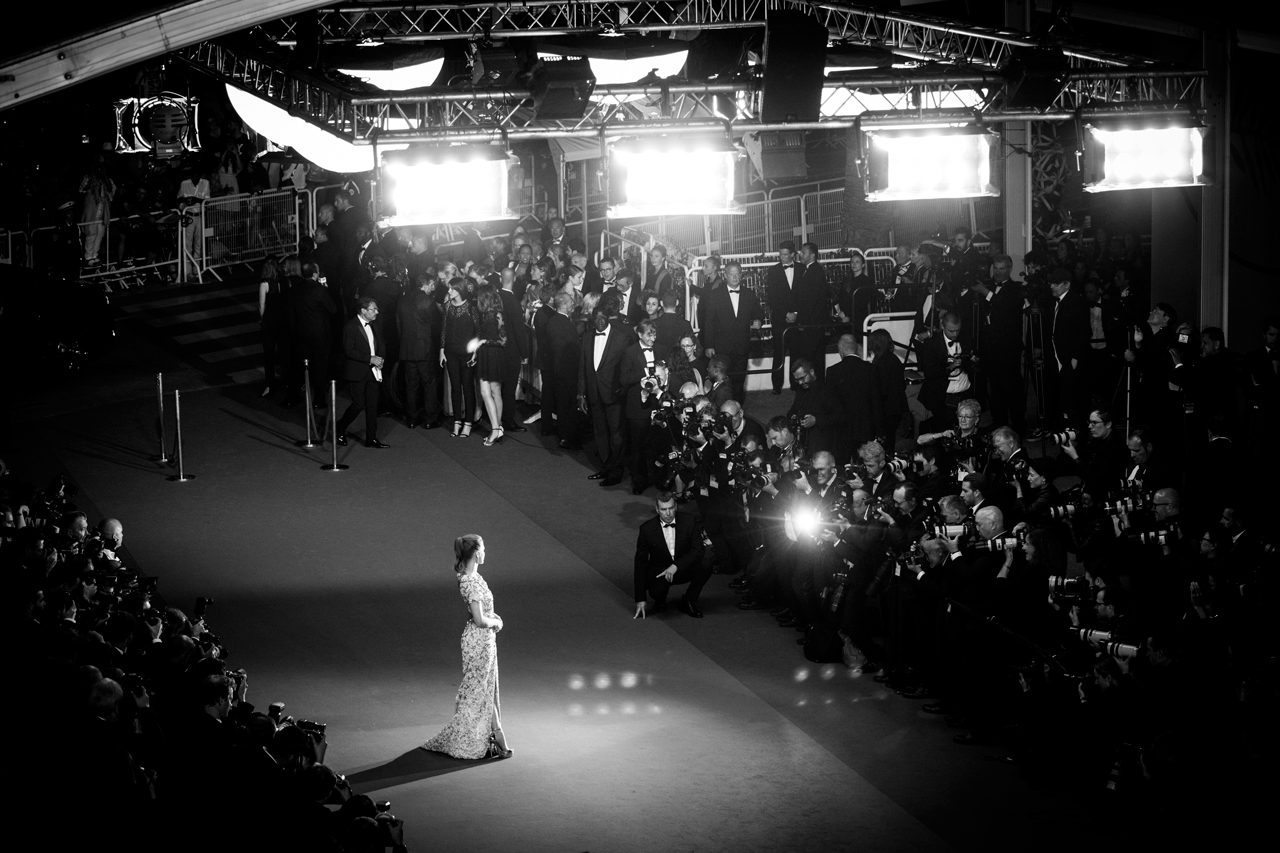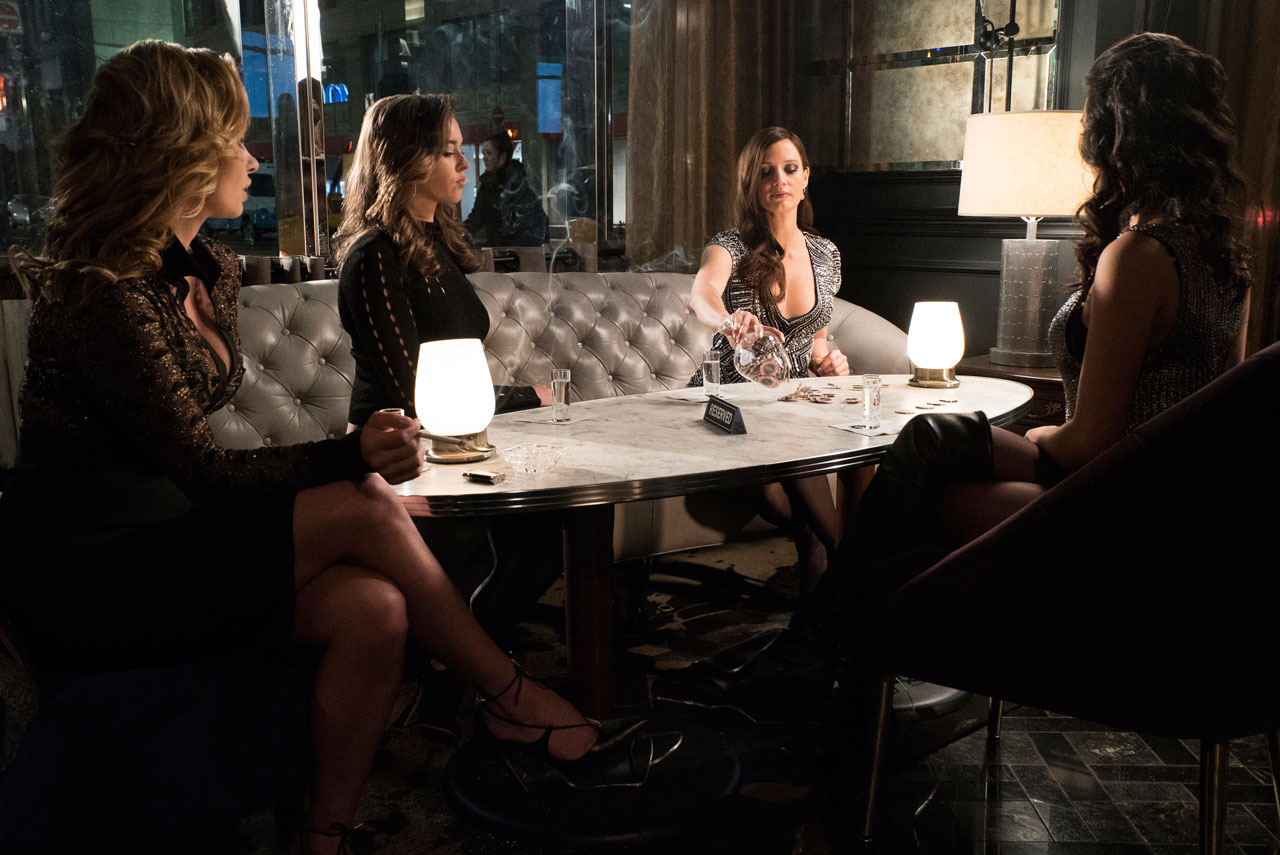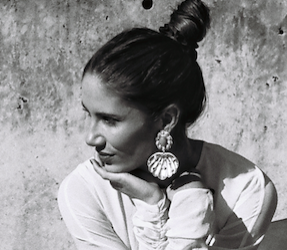News feed

If you were to walk into a room – a reunion of sorts – with all the characters Jessica Chastain has ever portrayed, you would witness many strong and intelligent females trading great stories of love, loss, power and resilience. Eleanor Rigby (The Disappearance Of Eleanor Rigby) would be taking careful sips of her red so as not to spill on her modest midi while she tells of the hardship of losing her son. A freckled nymphet named Jolene would chime in with her survivor tale of sequential foster-home abuse.
Rachel Singer (The Debt) would have a small group hooked as she recounts her time in Berlin as a young Mossad agent sent to apprehend a notorious Nazi war criminal. To the left of this circle would be Elizabeth Sloane (Miss Sloane) – as a former gun control lobbyist in Washington, she’s interested in Rachel – but none more than the woman with the low ponytail, Maya (Zero Dark Thirty). She was an instrumental operative in hunting down Osama bin Laden in his compound in Pakistan. Antonia Zabinski (The Zookeeper’s Wife) is in the corner deep in conversation with Celia Foote (The Help) about the injustices of Jews and women of colour, namely one Minny Jackson.
Then there’s Molly Bloom (Molly’s Game), sitting back into the dark recesses of the room and, just like the poker players she learnt to read at the Viper Room in Los Angeles, she’s mentally dissecting each woman’s motives and moral sensibilities. By night’s end, this group of women would be exchanging social media handles, advising on their favourite novels and European travel destinations and offering to share Uber rides home.
Surely that’s how it would all play out. Because while Chastain loves a trailblazing female identity at the centre of a script, she loves even more seeing women from different walks of real life listening to one another’s tales of existence. “You know what’s happening at the moment that is so wonderful?” Chastain tells GRAZIA, her voice unobtrusive, soft. “Women are sharing their stories.”
The 40-year-old actress of course is referring to a changing movie industry which is currently reckoning with its past and its future, courtesy of an overworked soapbox. In this post-Weinstein era, we’ve seen high profile male directors, producers and actors topple in a very long domino trick and brave women stand side-by-side – some in person at marches, others via an internet connection – to say sexual misconduct is not OK.
We’ve also seen women speak up when it comes to pay disparity. In Chastain’s case, she brokered a “favoured nations” deal earlier this year and bundled her next film’s salary with Octavia Spencer’s to ensure women of colour were included in the conversation.
In what can be deemed as a period in time where Hollywood is doing some serious housecleaning – and where business has new variables: Who is OK to work with? Who isn’t paying their female cast members the same as their male counterparts? – what the industry will look like in the future is anybody’s guess. But for the interim, Chastain asks we – like our mock reunion – simply just keep listening and sharing. In a hotel in Sydney, we sit down with the woman who is walking the walk.

GRAZIA: It’s been five months since the Weinstein watershed. How are conversations between women – and men – different at this season’s award shows compared to past years?
Chastain: “Well I think at the 2018 Golden Globes, I can say it was first time it felt like women were in charge of a narrative. Many times, on red carpets or at award shows, you see female artists kind of talking about a project or talking about a dress, you know, they are being used for something else and this was the first time that women had come together and created an organisation to elicit change in an industry and to use their platform for that.”
On October 3, 2017, you retweeted Weinstein’s outing and subsequently got an email from a powerful and well-known actor in the industry suggesting this move made you irresponsible. How did that make you feel?
“I think we’re living in a time that’s very confusing for people because there are a lot of actors, producers, writers – whoever they are – who have spent their careers really wanting to make a positive change. But also, they are understanding that their gender and their race may have benefitted them and may have given them a certain power in an industry that others didn’t have and are now understanding that perhaps a wise thing to do right now is to listen more than to speak. I believe that the person who emailed me immediately – it was a gut reaction – and is now learning to listen.”
Pay parity is a very timely topic and we recently saw you question Michelle Williams’ All The Money In The World re-shoot salary and rally behind Octavia Spencer to be paid her worth on your next film together. For women on film sets right now – or women in different industries across the world – who don’t have a Jessica Chastain to protest for them and don’t have the confidence to speak up, what do you say to them?
“You know what’s happening at the moment that is so wonderful? Women are sharing their stories.”
“They’re understanding there’s this safety… I guess it’s this loving strength that comes from being vulnerable with other women and Octavia was vulnerable with me. We’ve been taught and raised in a way that it’s not polite to speak about money and speak about salary and there’s this sense of shame in doing so. However, I wouldn’t have understood what she was dealing with had she not shared that with me. So I think it’s really important that we come together and trust other women with our stories.”
What was your experience starting out in Hollywood?
“I just stayed true to who in was. I was this kind of like this nerdy, Shakespeare girl who created my own days when I didn’t audition. At one point, I’d go to the library every day and I was working on adapting Hamlet for a movie. I didn’t fall into going to clubs or change anything about the way I looked in order to find some success and I think that’s perhaps why it took me so long to land my first big break.”

In your most recent film, Molly’s Game, Molly Bloom talks about being subjected to the “blinding and unfair whims of men.” As one of the most vocal critics of Hollywood’s gaping gender gap, when you look at Molly Bloom, do you see a similar fighter in yourself?
“[Laughs]. I don’t know if I see a similar fighter in myself but there’s one aspect of Molly that I really respond to and it’s this idea that no matter how many times she falls down, she gets right back up and I think that’s the most inspiring quality any human could have. To understand that making a mistake is not necessarily a bad thing because we learn more from our mistakes.”
You have said that when you put on the bandage dress to play Molly Bloom, you felt a “rush of power”. Can you tell us more about this feeling of empowerment?
“It’s a very interesting thing, I’d come onto these sets dressed as Molly after about two and a half hours of hair and makeup – in my bandage dresses, long black hair, eyelash extensions, spray tan and my high, high heels – and immediately I could feel an energy shift on the set. You felt like, ‘Oh all of sudden there’s this power of people looking at me.’ And at the same time, it was complex because I actually felt smaller because I wasn’t free to move around like a normal human being, you know, in my very, very high heels or my bandage dress. I had to sit a certain way and hold myself a certain way. So yes, I would feel this rush of power but I would also a loss of power sometimes.”










